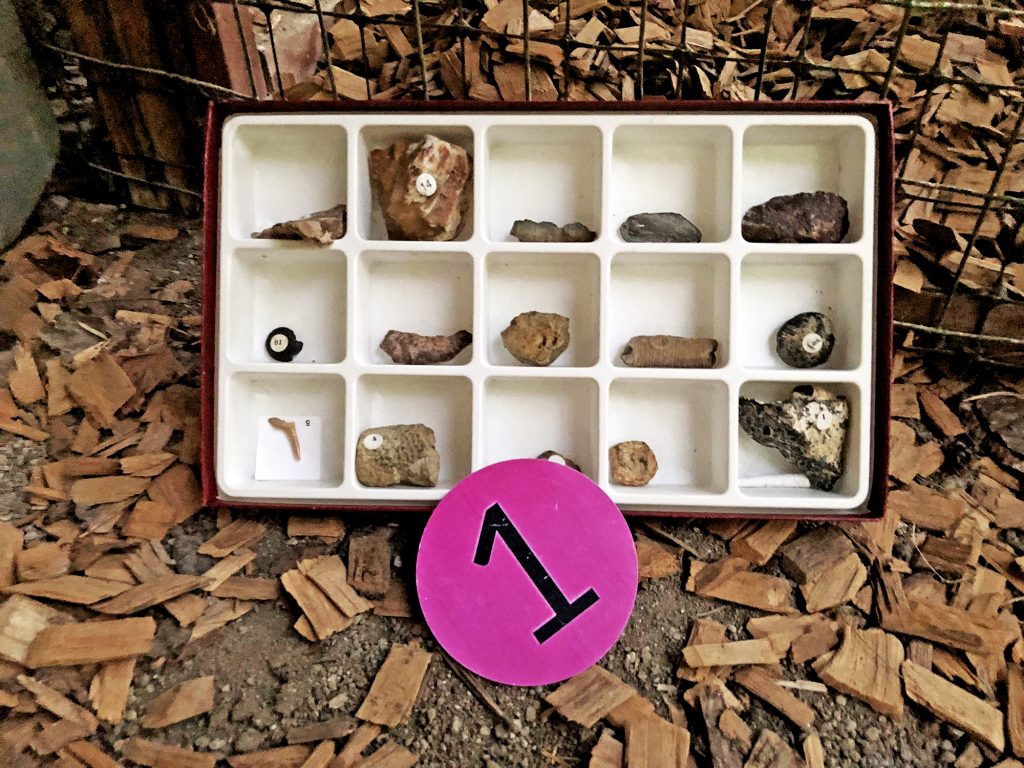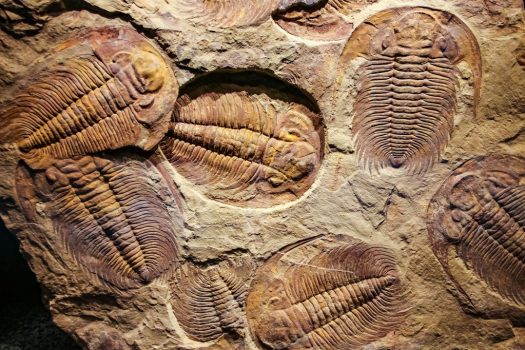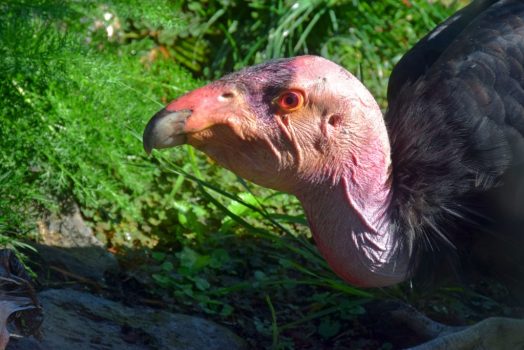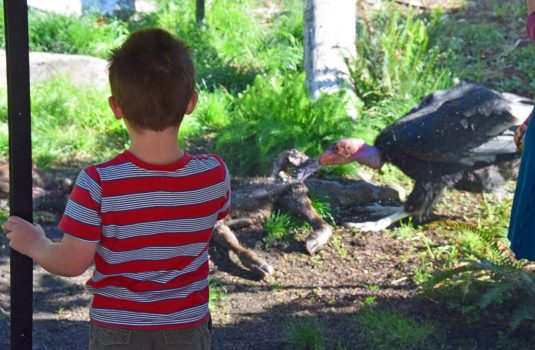
Extinctions
Extinctions
The Earth has experienced at least five mass extinctions. Could we be living in the sixth?
Learning Objective: Describe the mass extinctions of the past and compare them to current extinction causes and rates.


Conservation is preserving, protecting, and restoring animal populations and their habitats. Part of this process is learning what drives species to extinction.
A mass extinction is often defined as a period of time in which 75% or more of species disappear from the fossil record.
This video is a closer look at the five mass extinctions in the fossil record, and the possibility that we are living in the sixth mass extinction event.
Watch this video; you can select the closed captioning “cc” option if you would like to see the text.
Does it matter if species go extinct?
This video provides examples of species that have gone extinct; afterwards there are a few questions to consider.

Whether or not extinctions matter can be viewed in different ways. This is one of the issues that many fields of study weigh in on, including ethics, history, economics, and more. Questions to consider: does it matter if the species is an animal vs. plant, vertebrate vs. invertebrate, macroscopic vs. microscopic? How do you weigh the human need for land and water vs. other species’ needs? How should we weigh benefits for our current generations vs. future generations?
California Condors Case Study

This is a photo from our visit to the Oregon Zoo of a California Condor (Gymnogyps californianus), the largest terrestrial North American bird.
People speak in hushed voices watching these huge scavengers rip apart the provided carcasses, and it’s not just because of the grizzly spectacle. Many people never expected to see a condor in person, this species dropped down to a population size of only 27 animals.

California Condors almost went extinct due to poaching, lead poisoning from bullets in carcasses, and loss of habitat. Although breeding programs have increased their number and they have been re-released into the wild, there are still fewer than 500 condors.
Here are a few additional views of the condors in their Oregon Zoo facility.
Start Your Media Assignment here
This media assignment is an opinion piece. An opinion is a belief, view, or evaluation (judgment) about something, that does not have to be based in fact or knowledge. This is what you think or believe about something. We all have opinions, and they drive much of how we interact with the world. Sometimes it is useful to stop and reflect on opinions: what they are and why we have them.
We have introduced several topics that people have distinct and different opinions about: species extinctions, GMOs, laboratory animals, and more.
Select a science topic that you would like to write an opinion about. It may help to select a topic that can be slotted into one of the nine outcomes, so it can go directly into the final portfolio.

This assignment is not graded on what your opinion is, the grading is based on:
-
Clear description of the topic, including why is is an issue open for debate and differing views.
-
Statement of opinion, including possible basis for the opinion.
The next section describes how loss of genetic diversity can spiral a species towards extinction.










